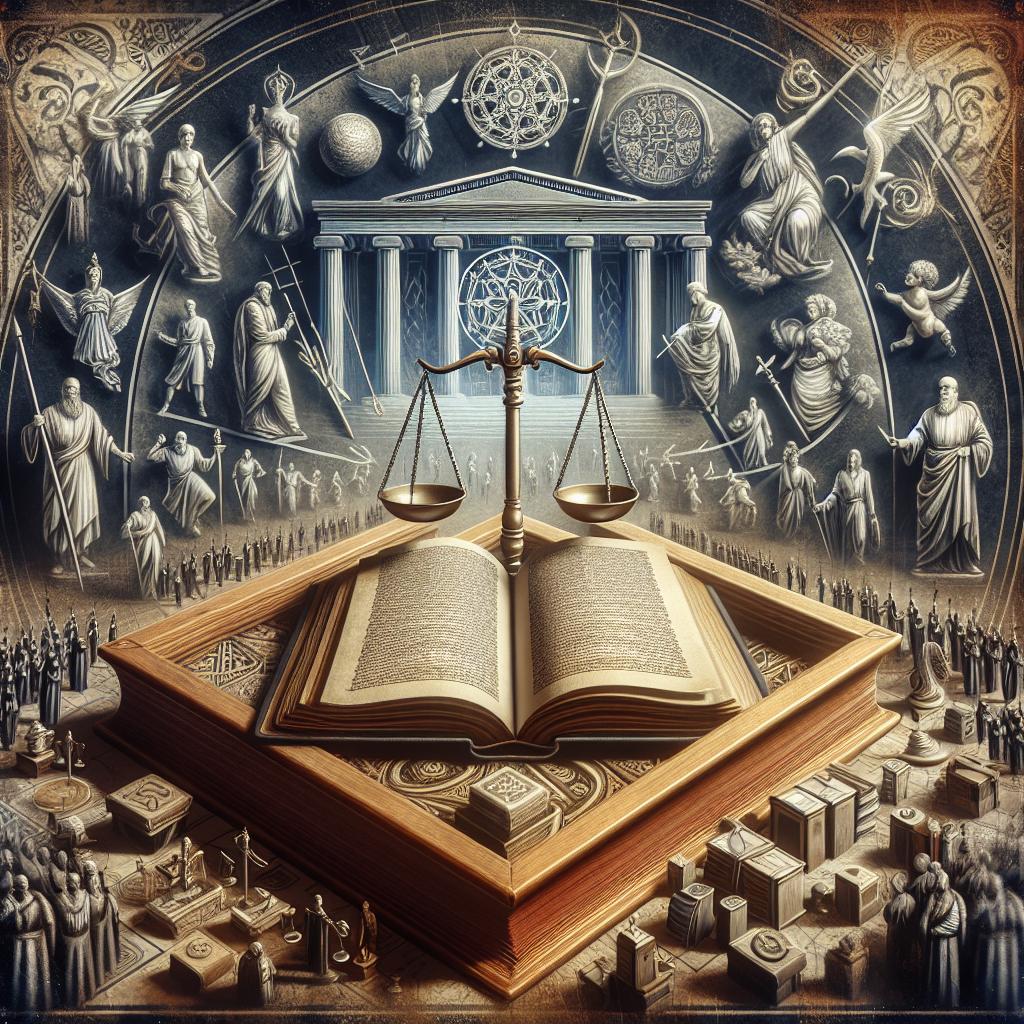
Conservative Bible Translation: Unveiling the Politicalization of Scripture
Published: 01 May 2024
Should Christians Welcome a ‘Conservative Bible Translation’?
Introduction
When it comes to Bible translations, there are those that can be considered 'liberal' in either their translation philosophy or their politics. This raises the question of whether Christians should welcome a 'conservative' Bible translation. The answer to this question depends on what one means by conservative.
Conservative Principles of Translation
A conservative translation aims to retain the meaning of the original text while producing a high-quality literary product in the receptor language. These translations are based on the best available manuscript evidence and are apolitical, focusing on bringing out the meaning of the text rather than promoting a particular political agenda.
The Conservative Bible Project
There is a project led by conservative educator Andy Schlafly called the Conservative Bible Project. This project seeks to create a 'conservative' translation of the Bible. However, there are several concerns with this endeavor.
Biased Translation
While it is commendable to eliminate bias from translation, it's important to recognize that translators, like scientists, have their own biases. There are times when the text may be ambiguous or have multiple levels of meaning that cannot all be expressed in a single English word. In such cases, the translator's bias can influence their interpretation. A politically conservative bias is no better than a politically liberal one and can distort the original meaning of the text.
Gender-Inclusive Language
The Conservative Bible Project aims to avoid gender-inclusive language in its translation. While gender-neutral translations can sometimes distort the meaning of Scripture, there are cases where translating the generic masculine pronouns in a gender-neutral way can provide clarity. However, it is worth noting that the original Greek of the New Testament does not have gender-neutral language referring to people. Thus, eliminating gender-neutral language from the translation is not inherently wrong.
Reading Level and Accessibility
The Conservative Bible Project aims to avoid 'dumbing down' the reading level and diluting the intellectual force of Christianity. While a translation intended for scholars may use more complex language, it would be inaccessible to the average layperson. The challenge lies in finding a balance between maintaining accuracy and ensuring readability for a broader audience.
Infusing Conservative Terms
The Conservative Bible Project proposes using powerful new conservative terms and updating words with changing meanings. However, infusing Scripture with conservative terms can change the tone of the text and may not accurately reflect the original intent. Additionally, updating words like 'word', 'peace', and 'miracle' may not be necessary as their meanings have not significantly changed over time.
Modernizing Language
The project aims to modernize certain passages by using modern terms for concepts like addiction and political terminology. While this may seem like a reasonable approach, it is important to consider the cultural and historical context of the biblical texts. Some terms used in ancient times may not have direct equivalents in modern language, and translating them using modern terms can introduce anachronisms.
Selective Inclusion and Exclusion
The Conservative Bible Project seeks to exclude later-inserted liberal passages that are deemed inauthentic. While it is important to ensure the authenticity of biblical texts, determining which passages are 'liberal' or 'conservative' can be subjective. It is crucial to approach these decisions with scholarly rigor and avoid imposing an agenda onto the text.
Critique of the Conservative Bible Translation
The Conservative Bible Project is being translated on Conservapedia, an online encyclopedia similar to Wikipedia. However, there is a lack of expertise in Greek and Hebrew among the translation team, which is essential for accurate translation work. Furthermore, there seems to be an anti-scholar bias within the project, despite the fact that many evangelical Bible scholars hold diverse political views.
The Need for a Balanced Approach
While it is understandable that conservatives may desire a Bible translation that aligns with their political beliefs, it is crucial to maintain a balanced approach. The Bible should shape a Christian's politics, not the other way around. Forcing the Bible to conform to a particular political agenda is a perversion of God's Word and should be opposed.
Why This Matters
The translation of the Bible is a significant undertaking that requires careful consideration and scholarly expertise. A biased or politically-driven translation can distort the original meaning of the text, preventing Christians from engaging with Scripture in a meaningful way. It is essential to approach Bible translation with integrity, seeking to accurately convey the message of God's Word without imposing personal biases.
Think About It
- How important is it for a Bible translation to be free from political bias?
- What challenges arise when trying to balance readability with maintaining accuracy in a translation?
- How can Christians avoid letting their political beliefs shape their interpretation of Scripture?
In conclusion, while the idea of a 'conservative' Bible translation may appeal to some Christians, it is essential to approach Bible translation with integrity and scholarly expertise. A translation that is faithful to the original text and seeks to accurately convey its meaning without imposing personal biases is crucial for Christians to engage with Scripture effectively. The Bible should shape our politics, not the other way around.
